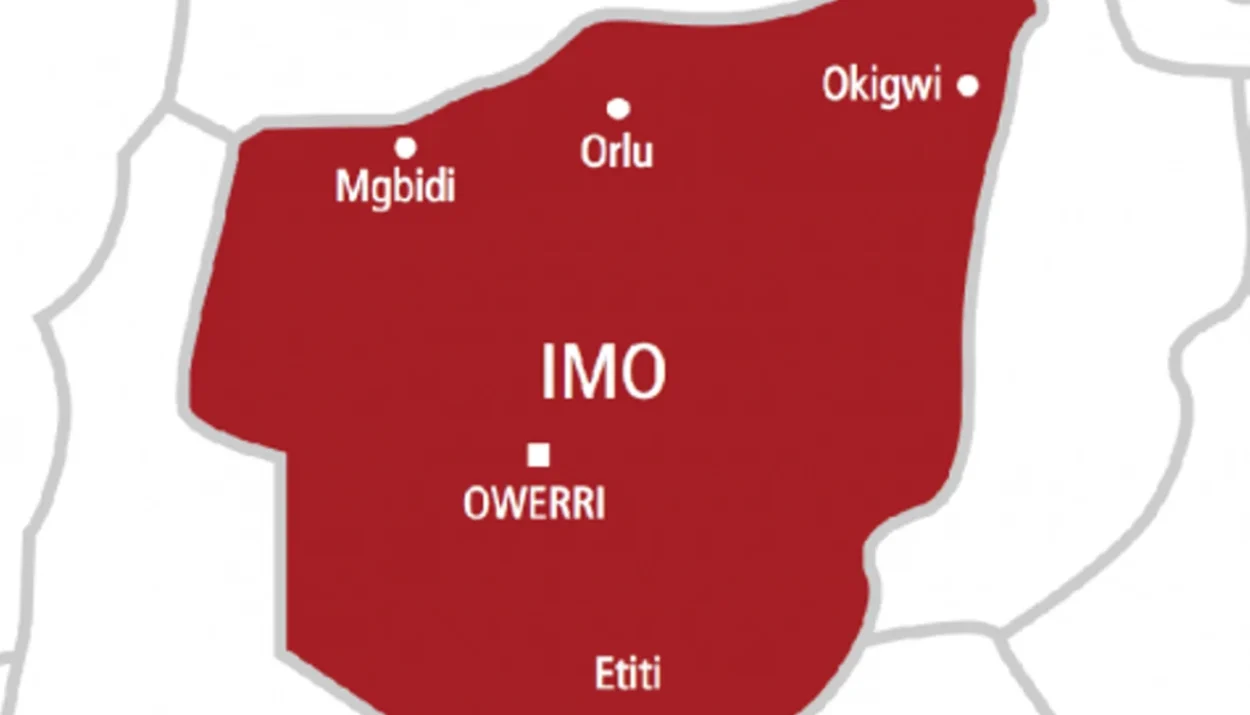The Ministry of Digital Economy and E-Government has revealed that Imo State ranks the lowest in National Identification Number (NIN) enrollment among the five states in Nigeria’s Southeast region. With only 1.5 million out of its 5 million residents registered, the state lags behind in the critical exercise, which is vital for accessing Federal Government social programs.
This disclosure was made by the Commissioner for Digital Economy and E-Government, Chimezie Amadi, during a visit to Ruby Emele, the Commissioner for Local Government and Chieftaincy Affairs in Imo State. The meeting focused on creating a strategic partnership between the two ministries to address the slow uptake of NIN registration, especially in rural areas.
“Imo State currently has the lowest number of registered citizens with NIN among the five Eastern States. Out of the State’s five million residents, only about 1.5 million have been registered, with 80 percent of those enrolled living in urban areas,” Amadi explained.
He emphasized that obtaining the NIN is crucial for Imo citizens to access Federal Government Social Investment Programmes, which provide financial support to low-income and vulnerable populations. The lack of widespread NIN registration in rural communities, according to Amadi, could significantly limit residents’ access to these opportunities, potentially resulting in financial losses for the state.
In response to this challenge, Governor Hope Uzodinma has initiated the Imo Digital Identity project. The project, led by the Ministry of Digital Economy and E-Government in collaboration with the National Identity Management Commission (NIMC), aims to boost NIN registration efforts across the 27 Local Councils of the state. Field officers trained by NIMC are set to be deployed to rural areas to drive the exercise and increase participation.
“The importance of NIN cannot be overstated, especially for accessing the Federal Government’s social initiatives. Without proper registration, many Imo residents could miss out on essential social investments that are designed to benefit the vulnerable population,” Amadi stressed.
In her remarks, Commissioner Ruby Emele expressed her ministry’s readiness to collaborate, particularly in mobilizing local government chairmen and community leaders to ensure that residents in rural areas participate actively in the NIN registration drive. She reiterated the necessity of this collaboration, stating, “The rural areas need support, and we are ready to work with you to achieve this shared goal for the benefit of Imo State.”
The renewed push for NIN registration in Imo is expected to help the state align with the rest of the country in terms of digital identification, enhancing the citizens’ access to government services and social benefits.





